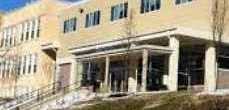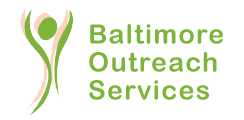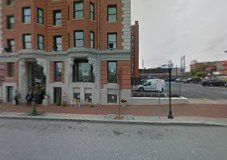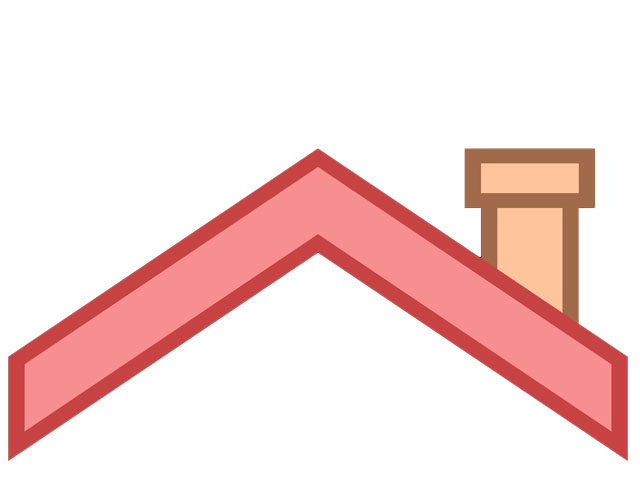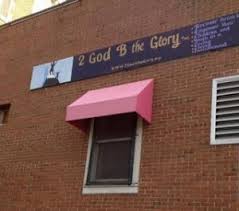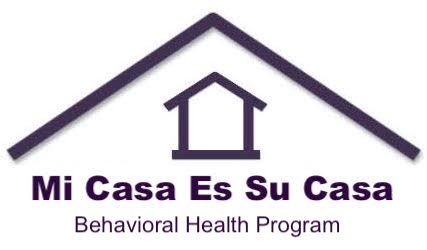In the city of Baltimore, Maryland, a variety of supportive housing options exist to cater to diverse needs. These housing options are facilitated by both state and federal subsidies, as well as non-private assistance, offering resources and affordable living arrangements to individuals who may be homeless, transitioning out of homelessness, or those with disabilities or other vulnerabilities.
Baltimore's Department of Housing and Community Development (DHCD) and the Housing Authority of Baltimore City (HABC) offer public housing programs funded by federal subsidies. These programs offer affordable renting options in houses and apartments owned by these governmental bodies. Residents are typically required to pay about 30% of their monthly income towards rent, making it an accessible option for low-income households.
The Section 8 Housing Choice Voucher Program is a U.S. Department of Housing and Urban Development (HUD) initiative. In Baltimore, this program is administered by HABC and provides eligible low-income families and individuals with vouchers to help cover the cost of rental housing on the private market. The amount of the voucher is dependent on a variety of factors, including family size, income, and the amount of rent and utilities deemed permissible according to local standards.
In Baltimore, permanent supportive housing is available for individuals who have long-term disabling conditions. This type of housing is highly flexible and ranges from individual apartments scattered across the city to group homes. The city-state partnership also provides residents with case management and referral to appropriate supportive services. Funding for these services may come from a range of sources, including HUD's Continuum of Care (CoC) program and the state's Rental Allowance Program (RAP).
Rapid re-housing is a more temporary supportive housing option available in Baltimore. This strategy aims to quickly move people out of homelessness and into suitable housing. This is achieved through the provision of short-term rental assistance and supportive services. Funding for this housing solution comes from sources such as HUD's Emergency Solutions Grants (ESG) program and CoC.
In addition, Baltimore offers supportive living facilities designed for individuals with substance use disorders, mental health conditions, developmental disabilities, or those who are transitioning from institutions such as prisons. These facilities offer not only housing, but also a range of supportive services, including therapy, job training, and life skills development.
Baltimore also has special needs housing programs that include both transitional and permanent housing. These programs are tailored to serve unaccompanied youth, victims of domestic violence, people living with HIV/AIDS, and veterans. They are funded under various state and federal programs.
In conclusion, Baltimore has taken significant strides to provide a myriad of supportive housing options backed up by state and federal subsidies as well as non-private assistance. Each program caters to the specific needs of diverse societal segments, particularly those most vulnerable. Alongside dedicated partnerships, these initiatives are crucial to reducing housing insecurity and providing individuals with a foundation on which to build a more stable and prosperous future.
